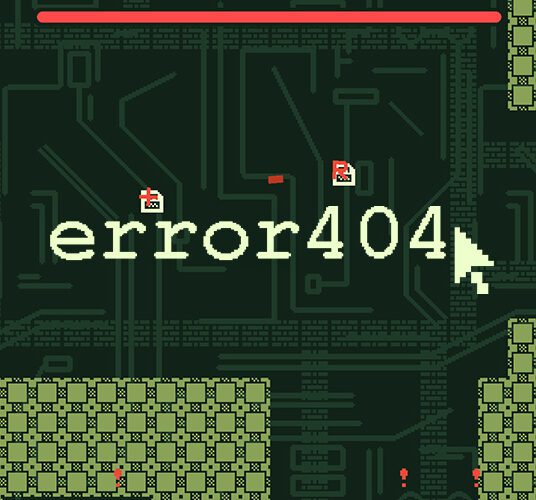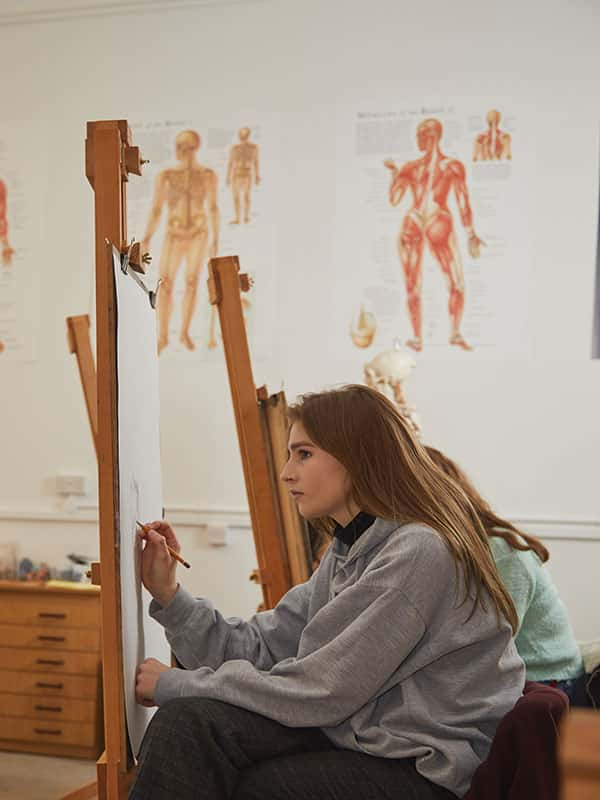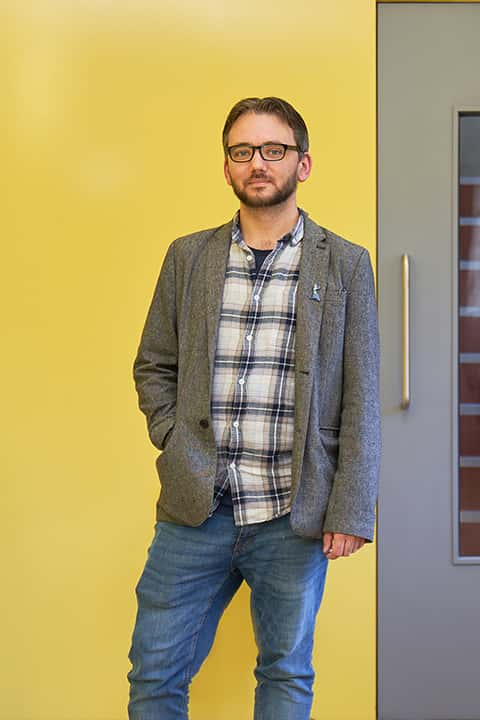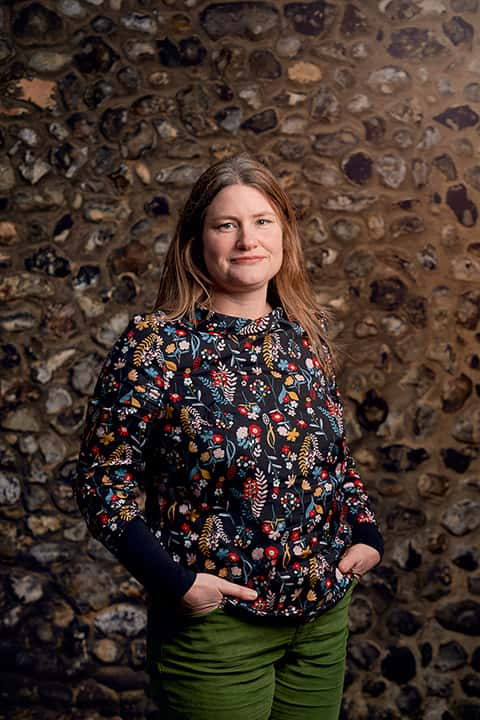





Animation BA (Hons)
Length:
3 or 4 year options
UCAS Code:
W615 (3 Year)
W616 (4 Year)
Institution Code:
N39
Sandwich courses:
Creative Professional Development (1 year, Level 5 diploma), or Creative Computing (1 year, Level 5 diploma), available between years 2 & 3
Master the magic of bringing characters and stories to life through a range of animation techniques.
Watch our BA Animation video playlist
Why study with us
Award winning
Course Content
Year 1
- Explore the three major animation techniques: hand drawn and digital 2D, stop motion and digital 3D
- Gain understanding of the principles of animation; dynamics; character design; storyboarding, animatic production; animation production; sound design; skills of observation and life drawing; acting for animators; editing; compositing; show reel design
- Explore theory in character analysis and narrative structures
- Develop an understanding of media roles and practices.
Year 2
- Build on fundamental skills with personally defined experimentation and continue to practice animation principles
- Work collaboratively through a series of projects designed to allow you to establish a good practice, essential for the animation industry
- Focus on production areas of your choosing
- Continue to explore your chosen areas of specialisation and develop your skills, with the potential to combine techniques
- Develop an understanding of audience, context, film language, and the elements of compelling storytelling.
Year 3
- Specialise and bring together all your learning and experiences to create a personal portfolio
- Engage with a collaborative project with either your peers or external collaborators, allowing your creative skills to be tested in an industry standard practice
- Continue to enhance and refine your technical and creative skills in your chosen specialism
- Produce a personal showcase of your specialist skills and an original, animated short film
- Complete a Research Report that provides broad contextualisation to your practice.
Careers Information
In your final year, you’ll produce a personal portfolio of your specialist skills and develop an original animated film or showreel, getting you career-ready after uni. Our graduates have gained internships at Oscar-winning studios like Aardman Animations or worked on blockbuster animated movies like Pokémon Detective Pikachu. They’ve also gone on to secure jobs at Lupus Films, Blue Zoo, Meantime Media, and more.
Graduates work in a broad range of careers including
- Animator
- Storyboard Artist
- Producer
- Production designer
- Concept artist
- Motion artist
- Editor
- Art Director
- Director of Photography
- Compositor
- Character Designer
- Layout Artist
- Prop Designer
- Set Designer
- Modeller
- Illustrator
You’ll also get specialist creative careers advice from our Business and Employability Team to help support you as you plan your career.
Annabell Bird
Tabbed Section
Typical UK offers
A / AS Levels – GCE
GCE A/AS Levels 3 A-level qualifications at grades BCC (104 UCAS Tariff points) or above. Where candidates are not taking 3 A-levels, Norwich University of the Arts will consider combinations of A-level/AS-level and other Level 3 qualifications.
BTEC Extended Diploma (QCF or RQF)
Distinction, Merit, Merit in an art, design or media related subject
BTEC Diploma (QCF or RQF)
Distinction*, Distinction* in an art, design or media related subject
T Levels
A T Level in any subject with overall grade Merit or above
UAL Extended Diploma
Merit
UAL Level 3 Foundation Diploma in Art and Design
Pass
UAL Level 4 Foundation Diploma in Art and Design
Pass
Foundation Diploma in Art and Design
Pass
Access to Higher Education Diploma (Art and Design)
Pass
International Baccalaureate Diploma
A minimum of 26 points
Norwich University of the Arts welcomes applicants of all ages from all backgrounds. Your application will be primarily assessed through your portfolio (if required), responses to questions asked and personal statement, so even if you have no formal qualifications or do not meet our typical offers it can still be worth applying.
If you are studying at the time of your application and your application is successful it is likely that you will receive a conditional offer.
If the qualification that you are studying is not shown, do not worry as we are able to accept other pre-entry qualifications as well as combinations of different qualifications. Please do contact our Student Recruitment Team if you have any queries.
International applications
We accept qualifications from all over the world. To find our entry requirements from a specific country, please check our dedicated international pages.
Most international students are required to hold an English language qualification. Applicants are required to have a minimum UKVI approved IELTS exam score of 6.0 overall, with a minimum of 5.5 in each section. Equivalent English language qualifications are acceptable such as, IB English language syllabus A or B/English Literature (Grade 4).
We also accept some alternative English qualifications. Learn more about our English entry requirements.
You can email us on international@norwichuni.ac.uk if you’d like to discuss your application individually.
BA (Hons) Animation degree portfolio guidance
Portfolios should show examples of your work — both finished and work in progress — that demonstrate your interests and skills. Your portfolio should be made up of work that reflects your creativity, personal interests and influences, as well as demonstrating your technical skills and ability. It doesn’t have to be perfect as we can assess your potential from your work in progress.
Your portfolio should be relevant to this course, but you can include a wide range of work that shows your creativity, technical competence and understanding of storytelling.
You may wish to include some of the following:
- A showreel of animation or film work
- Drawings, paintings or illustrations that demonstrate your skills, including life drawings, still life, images from observation (people and landscapes) or concept designs of characters and backdrops
- Use of digital software, which may include Flash, After Effects, Adobe Creative Suite, Coral Painter, ZBrush, Maya or Mudbox
- Scripts or short stories
- Story boards
- Models and/or sculptural works in any medium
- Experimentation in a range of styles and approaches in addition to your own style
Further portfolio advice and tips
Get more advice on presentation formats, layouts and when to submit your portfolio in the application process.
2024/25 University fees for new entrants
Norwich University of the Arts will assess students’ tuition fee status using the guidance provided by the UK Council for International Student Affairs
Students from the UK or Ireland and EU students with ‘Settled’ or ‘Pre-Settled’ status will be charged ‘Home’ fees if they meet the relevant residency requirements. They will usually be eligible for a tuition fee loan from the UK government, meaning that they won’t have to pay Norwich University of the Arts’ tuition fees upfront.
Students who do not meet the necessary residency requirements will usually be charged ‘Overseas’ fees and will not be eligible for the UK government tuition fee loan. Since 2021/22, this includes new entrants from the EU, EEA, and Switzerland who do not have ‘Settled’ or ‘Pre-Settled’ status, because the UK has now formally left the EU.
| Fee status | Course | Annual fee |
|---|---|---|
| Home | Undergraduate degree (full-time three and four year degree) | £9,250 |
| Overseas | Undergraduate degree (full-time three and four year degree) | £18,000 |
Inflation in subsequent years
The rules for inflation on fees in subsequent years depend on the type of fee status and level.
- For Home undergraduate students starting in 2024, inflation may be applied to your fees in later years, if the UK government were to increase the fee cap beyond the current limit of £9,250 per year. If such an increase were to apply, we would confirm this in advance to you of each academic year, and we would limit the increase to the maximum allowed by the Office for Students.
- For Overseas undergraduate students starting in 2024, inflation will be applied to your fees in later years. We will confirm this in advance to you of each academic year, and we will limit the increase to no more than the Office for Students’ recommended inflationary measure, which is RPI-X. RPI-X is calculated by the Office for Budget Responsibility. In setting fees for the following year, we will use the Office for Budget Responsibility’s RPI-X forecast for quarter 3 of the relevant year.
For Home and overseas postgraduate degree students starting in 2024, fees will remain the same for each year of your course.
Financial support for UK students in 2024
Tuition fee loans and loans for living costs are usually available to UK and some EU students, as well as non-repayable Norwich University of the Arts bursaries based on family income. Find out more about applying for funding.
International students
We offer a range of scholarships for international students to support your studies with us.
- Group briefings
- Academic tutorials
- Group tutorials
- Lectures
- Workshops
- Critiques (crits)
- Seminars
- Finished pieces of work
- Presentations
- Written work
- Your research
- A reflective journal
Between Years 2 and 3 of this course, you’ll have the opportunity to undertake one of the following additional qualifications:
Creative Professional Development (1 year, Level 5 Diploma)
Our Creative Professional Development Diploma gives you the chance to spend a year exploring your post-uni job options through a structured programme of input sessions and work-based learning. This year offers two much-sought-after industry placements – the first lasting six weeks, the second 12 weeks, and a group project or ‘hackathon’ exploring freelancing and business start-up.
Creative Computing (1 year, Level 5 Diploma)
Our Creative Computing Diploma introduces you to coding and computational skills that will advance and complement your creative practice. No prior experience of coding is needed, just a curiosity about creative computing and a desire to push your own practice into new realms. You’ll also develop a wider knowledge of the creative tech industries, available roles and opportunities.
Integrated Foundation Year – BA (Hons) Animation
An Integrated Foundation Year offers students a chance to build on their experience within their undergraduate course of choice.
An Integrated Foundation Year will help to build confidence and develop subject specific practical, creative and conceptual skills – making full use of University studios and workshops.
Typical UK offers and entry requirements for Integrated Foundation Year entry
GCE A/AS Levels
2 A-level qualifications at grades CC or higher.
BTEC Extended Diploma (QCF or RQF)
Merit, Merit, Pass in an art, design or media related subject
BTEC Diploma (QCF or RQF)
Distinction, Merit in an art, design or media related subject
T Levels
Pass (D or E on the core)
UAL Extended Diploma
An overall Pass
UAL Level 3 Foundation Diploma in Art and Design
An overall Pass
Foundation Diploma in Art and Design
Pass
Access to Higher Education Diploma (Art and Design)
Pass
International Baccalaureate Diploma
A minimum of 24 points
Norwich University of the Arts welcomes applicants of all ages from all backgrounds. Your application will be primarily assessed through your portfolio, responses to questions asked and personal statement, so even if you have no formal qualifications or do not meet our typical offers it can still be worth applying.
If you are studying at the time of your application and your application is successful it is likely that you will receive a conditional offer.
Find out more about four year degrees at NorwichTeaching Staff
News
@norwichuniarts
Introducing Barry Leith, esteemed animator and director who was part of the team that first brought the Wombles to life.
Barry is a regular visitor on our BA (Hons) Animation course, and recently he was working with our stop motion third years, lending his expertise to help plan and troubleshoot their final projects.
: @norwichuni_animation_avfx
: @womblesofficial
: @helenanimate
#WeAreNorwich #thewombles #barryleith #animation
View this post

Norwich Student wins at Ukie Student Game Jam 2024
BA (Hons) Games Art and Design student Charlie O’Shea was awarded Best Moment-to-Moment Gameplay award for his game ‘error404’.
View news article

Postgraduate Open Day Thursday 11 July
11 July 2024 | 5.00pm to 6.30pm | Duke Street
Master your creative practice
View event

In conversation with
Theo Galvin is an Architecture MArch student who works towards a provocative experimental style of architectural design, related to socio-political issues, specifically around the topic of waste disposal, perception and reuse. Theo talks to us about his opportunity with The AA Taiwan School Fellowship Programme 2023: Urbanity from the Ocean.
View blog















